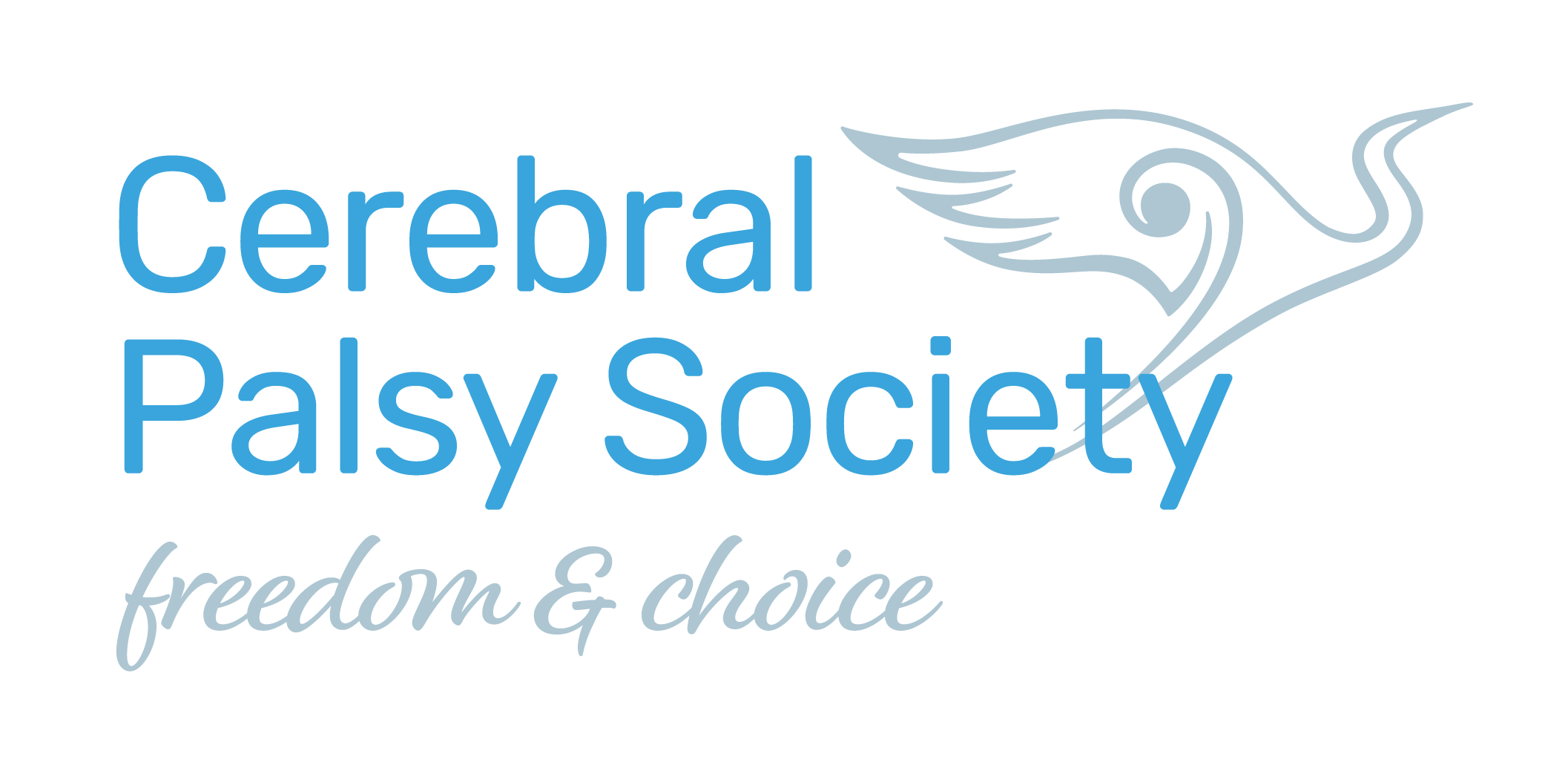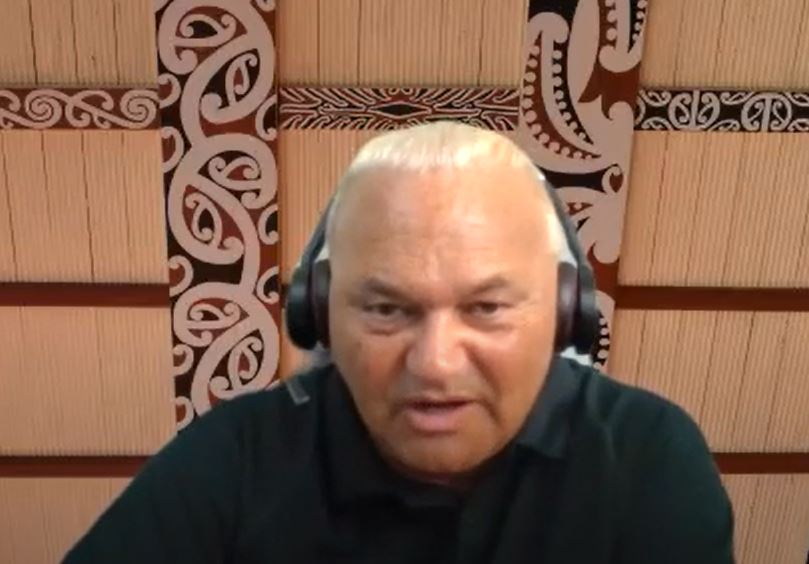NEWS & UPDATES
Te Reo word for Cerebral Palsy developed
06 May 2022
Linguist and educator Keri Opai was asked to develop a strength-based Te Reo word for Cerebral Palsy, as has been done with several other health conditions.
Keri undertook a year long process interviewing people with Cerebral Palsy and clinicians, both Māori and non-Māori, to help understand CP.
The creation of a strength-based Te Reo word was a joint initiative from the Paediatric Society of New Zealand Cerebral Palsy Network, the New Zealand Cerebral Palsy Register and the Cerebral Palsy Society.
Cerebral Palsy – Hōkai Nukurangi
– to achieve what is important to you.
Keri’s explanation: One of the exercises I was given in my training within te ao Māori was to observe birds and how they adapted in different environments. Flying in different wind currents, at different heights in the sky, a seagull walking in sand, the kākāriki on the forest floor, the pūkeko in the swamp and many others. The kaupapa was simple. Observe the natural adaptation of the birds to the environment and, with time and patience, hopefully learn to be as adaptable as the birds are.
This is the essence of ‘Hōkai Nukurangi’. Whether traversing (hōkai) the earth (nuku) in body or traversing the sky (rangi) in mind and spirit, a person adapts to different environments, utilising the means and abilities that are appropriate to them.
In my discussions with Māori/Non-Māori people and whānau with cerebral palsy, this was the most prominent, consistent, important theme, that each individual and each individual whānau had different wants, needs and goals that they desired out of a good, happy life. This new term expresses that concept.
Hōkai Nukurangi – to achieve what is important to you.
For more information, to hear the pronunciation and hear from Keri click here.
* Keri Opai joined Te Pou o te Whakaaro Nui, a national centre for workforce development in mental health, addiction and disability, in 2014 as the Paeārahi Māori Strategic Lead where he authored ‘Te Reo Hāpai – The Language of Enrichment’. His seminal work in creating Te Reo Hāpai, a Māori language glossary for the mental health, addiction and disability sectors, has been widely recognised for utilising a strengths-based, positive Māori worldview for terms that previously may have had negative connotations associated with them. Keri received a Special Award of Recognition from the Mental Health Service Awards of Australia and New Zealand in 2018 for his work on Te Reo Hāpai. He is now the Tātāriki Cultural Lead at the WISE Group and has published a book “Tikanga: an introduction to te ao Māori”
His knowledge base comes from being taught by Māori elders from an early age. He is a lifelong educator, teaching Māori language and culture in kōhanga reo (Māori language learning environments for children under five), primary and secondary school, polytechnic, wānanga (Māori university) and mainstream university as well as community-based organisations.


